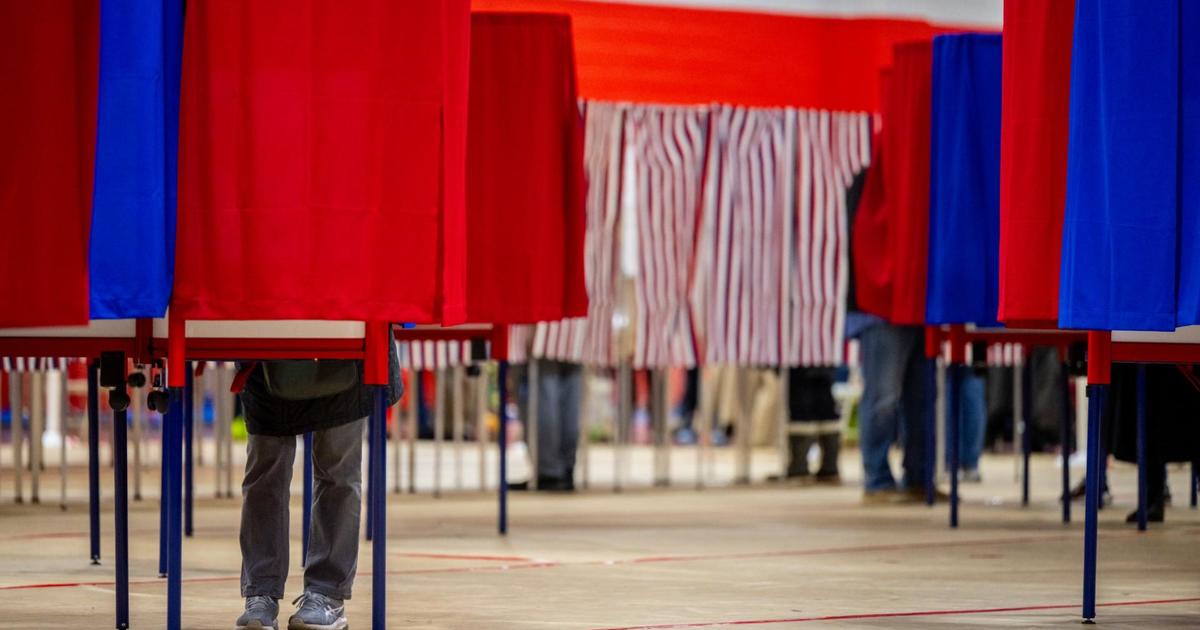How the rural-urban divide is putting Democrats at a disadvantage
Heading towards the 2020 presidential election, America may be more divided than ever as the country's rural and urban areas become increasingly polarized. Cities have become concentrated with Democratic voters while rural areas are strongholds for Republicans. Overall that puts Democratic candidates at a disadvantage.
Reporter Emily Badger detailed the rural-urban divide for The New York Times. In 2016, Donald Trump won smaller percentages in cities like New York City or Washington, D.C. while Hillary Clinton won a smaller share in rural communities compared to previous elections. Badger told CBSN this pattern is becoming increasingly evident to voters on the left.
"We're in this situation right now, for instance, where a president who did not win a majority of the votes nominates two Supreme Court justices who were confirmed by senators who don't represent a majority of the population," Badger said. "A lot of Democratic voters are looking at that system and saying, 'How do we wind up with such non-majoritarian outcomes?' And this urban-rural polarization is really at the root of that."
Gerrymandering, where voting district boundaries are manipulated in order to give one party an advantage, plays a part. So does the Electoral College, which gives more weight to states with smaller populations, which lean Republican. Democratic presidential hopefuls like Sen. Elizabeth Warren and South Bend, Indiana Mayor Pete Buttigieg have called for the Electoral College to be eliminated.
But Badger said you can't ignore the fact that Democratic voters are concentrated in cities, while Republican voters are more evenly distributed around the country. She said Democrats will need to focus not just on rural areas but suburban districts if they want to win the White House.
"If you're a Democratic party official and you're trying to figure out how are we going to win the House, how are we going to win the presidency, I think it's probably a lot more fruitful for you to figure out how to pick off precisely some of the kind of, you know, modestly conservative suburban districts that the Democratic party picked up in the 2018 midterm election."
Democrats were able to flip the House in 2018. They also made gains on the state level, picking up seats in state legislatures and winning seven gubernatorial elections in states formerly held by Republicans.



